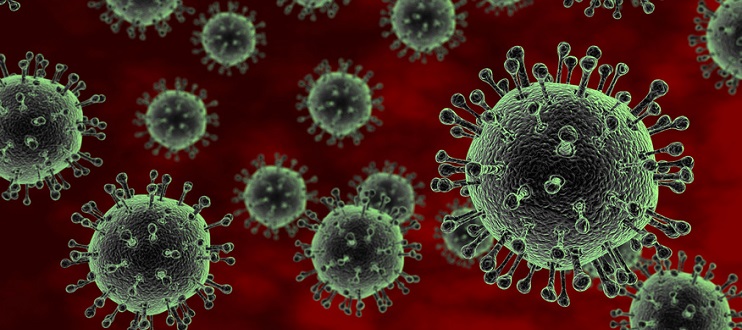

 Back to Suggested Publications
Back to Suggested Publications

WAidid suggests this week an article publisched last month on NEJM and entitled "Human Neonatal Rotavirus Vaccine (RV3-BB) to Target Rotavirus from Birth"
SUMMARY:
Despite evidence of the success of rotavirus vaccines, more than 90 million infants still lack access to a rotavirus vaccine. Barriers to global implementation of the vaccine include cost, and suboptimal efficacy in safety concerns. An oral rotavirus vaccine, administered at birth, has the potential to address some of these challenges and could provide early protection and maximize the opportunity to complete a full vaccine schedule.
The oral human neonatal rotavirus vaccine (RV3-BB) was developed from the human neonatal rotavirus strain RV3, which was identified in the stool of infants with asymptomatic infection. The authors reported the results of a phase 2b, randomized, double-blind, placebo-controlled trial, involving 1649 participants, conducted from January 2013 through July 2016, in primary health centers and hospitals in Central Java and Yogyakarta, Indonesia.
Infants were eligible if they were healthy, full-term babies 0 to 5 days of age, who had a birth weight of 2.5 to 4.0 kg. Eligible infants were randomly assigned, in a 1:1:1 ratio, to one of three groups: a neonatal schedule vaccine group, an infant-schedule vaccine group, or a placebo group. Participants received four 1-ml oral doses of vaccine or placebo according to their trial-group assignment. Each of the two vaccine groups received three doses of RV3-BB and one dose of placebo.
Vaccine response, as evidenced by serum immune response (serum rotavirus IgA and neutralizing antibody titers) or shedding of RV3-BB in the stool, was assessed in the first cohort recruited (282 participants).
Of the 1649 newborns, who underwent randomization (intention-to-treat population), 1640 received at least one dose of vaccine or placebo (safety population) and 1588 (96%) were followed until they were 18 months of age.
In the per-protocol population, severe rotavirus gastroenteritis was reported in 28 of the 504 participants (5.6%) in the placebo group, as compared with 21 of the 1009 participants (2.1%) in the combined vaccine group, resulting in a vaccine efficacy of 63% at 18 months of age (P<0.001). Similar results were observed in the intention-to-treat analysis (P<0.001).
When three doses of RV3-BB were administered, according to the neonatal schedule, the vaccine efficacy against severe rotavirus gastroenteritis was 75% (P<0.001) at 18 months of age and 94% (P = 0.006) at 12 months of age. The vaccine efficacy against rotavirus gastroenteritis of any severity in the neonatal-schedule vaccine group at 18 months of age was 63% (P<0.001), while in the infant-schedule vaccine group was 51% (P = 0.03) at 18 months of age and 77% (P = 0.008) at 12 months of age. The vaccine efficacy against rotavirus gastroenteritis of any severity at 18 months of age, when RV3-BB was administered according to the infant schedule, was 45% (P = 0.01).
The time from randomization to the first episode of severe rotavirus gastroenteritis was significantly longer among the participants who received RV3-BB than among those who received placebo.
Cumulative vaccine response was detected in 78 of 83 participants (94%) in the neonatal-schedule vaccine group and in 83 of 84 participants (99%) in the infant-schedule vaccine group. The difference in the proportion of participants, who had a cumulative vaccine response between the neonatal-schedule vaccine group or the infant-schedule vaccine groups and their corresponding placebo groups, was 0.52 (P<0.001).
The incidence of serious adverse events and unsolicited and solicited adverse events was similar across the trial groups. No episodes of intussusception were reported within the 21-day risk period after administration of any dose of vaccine or placebo, and one episode of intussusception occurred 114 days after the third dose of vaccine in the infant-schedule vaccine group.
The authors concluded that their data showed that the human neonatal vaccine RV3-BB provided protection against severe rotavirus gastroenteritis, but they highlighted that, despite the success of rotavirus vaccines, challenges to global implementation remain.
AUTHORS: Bines JE, At Thobari J, Satria CD, Handley A, Watts E, Cowley D, Nirwati H, Ackland J, Standish J, Justice F, Byars G, Lee KJ, Barnes GL, Bachtiar NS, Viska Icanervilia A, Boniface K, Bogdanovic-Sakran N, Pavlic D, Bishop RF, Kirkwood CD, Buttery JP, Soenarto Y.
Click here to go to the article.